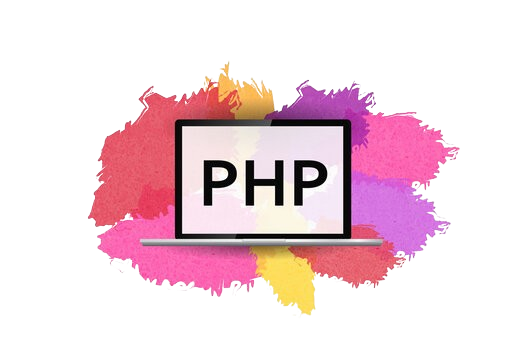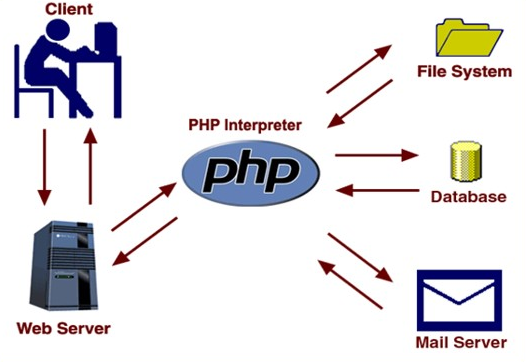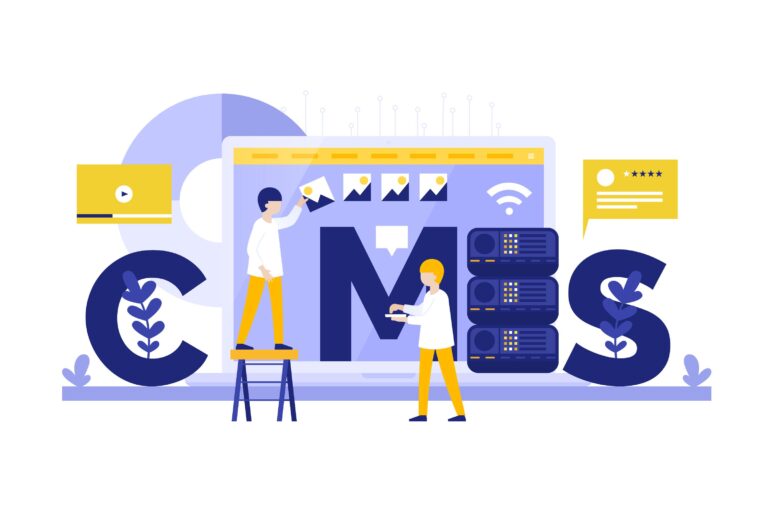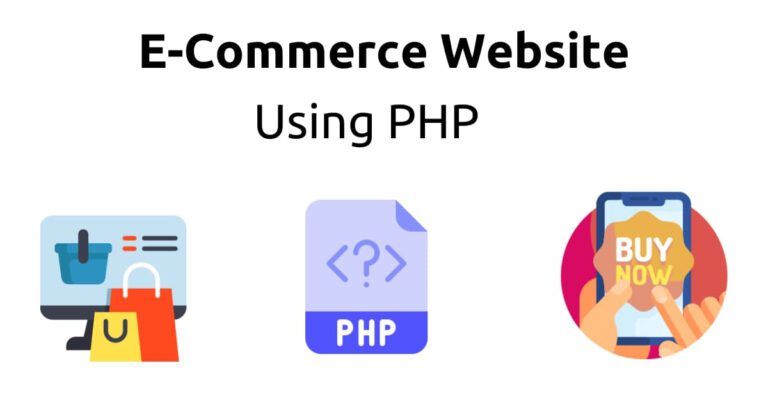- In the ever-evolving landscape of technology, IT companies play a pivotal role in driving innovation, powering businesses, and shaping our digital world. Among the multitude of programming languages and frameworks utilized by these companies, PHP stands out as a versatile and widely adopted tool. Let's delve into what PHP is, its uses, and its significance within the realm of IT companies.
What is PHP?
- PHP, originally an acronym for Personal Home Page, now stands for PHP: Hypertext Preprocessor. It is a server-side scripting language primarily used for web development but also serves as a general-purpose programming language. Developed in the mid-1990s by Danish-Canadian programmer Rasmus Lerdorf, PHP has evolved into one of the most popular programming languages globally, powering millions of websites and web applications.

The Uses of PHP:
- 1. Web Development : PHP is extensively used for building dynamic websites and web applications. Its ability to generate dynamic content, interact with databases, and handle forms makes it an ideal choice for creating robust and interactive web experiences. From simple blogs to complex e-commerce platforms, PHP empowers developers to bring their ideas to life on the web.

- 2. Server-Side Scripting: PHP is a server-side scripting language, meaning that the code is executed on the server before being sent to the client's web browser. This enables developers to perform tasks such as processing form data, managing user sessions, and accessing databases securely. PHP's server-side capabilities contribute to the dynamic and interactive nature of modern web applications.

- 3. Content Management Systems (CMS): Many popular CMS platforms, including WordPress, Joomla, and Drupal, are built using PHP. These CMSs leverage PHP's flexibility and extensibility to empower users to create, manage, and customize their websites with ease. PHP-based CMSs are widely used by individuals, businesses, and organizations to establish an online presence quickly and efficiently.

- 4. E-commerce Solutions: PHP is the foundation of numerous e-commerce platforms and shopping cart systems, such as Magento, WooCommerce, and Shopify. These platforms utilize PHP's functionality to facilitate online transactions, manage product catalogs, and provide a seamless shopping experience for customers. PHP's scalability and integration capabilities make it a preferred choice for developing e-commerce solutions of varying sizes and complexities.

- 5. Web Services: PHP can be used to develop web services and APIs (Application Programming Interfaces) that enable communication and data exchange between different software applications. Whether it's integrating third-party services, building RESTful APIs, or creating custom web services, PHP provides the tools and frameworks necessary to streamline interoperability and enhance connectivity between systems.

Significance within IT Companies:
- 1. Versatility: PHP's versatility makes it an indispensable tool for IT companies of all sizes and domains. Whether it's web development, server-side scripting, or building complex applications, PHP offers a wide range of functionalities to meet diverse project requirements.
- 2. Cost-Effectiveness: PHP is open-source and freely available, making it a cost-effective solution for IT companies seeking to minimize development expenses without compromising quality or performance. The availability of a vast ecosystem of libraries, frameworks, and community resources further enhances its cost-effectiveness and productivity.
- 3. Scalability: PHP is highly scalable, allowing IT companies to build scalable and resilient web applications that can accommodate growing user bases and evolving business needs. Whether it's scaling vertically by optimizing server resources or scaling horizontally by distributing workloads across multiple servers, PHP provides the flexibility to scale applications effectively.
- 4. Community Support: PHP boasts a vibrant and active community of developers, contributors, and enthusiasts who continually contribute to its growth and improvement. The abundance of online forums, documentation, tutorials, and user groups ensures that IT companies have access to comprehensive support and resources when working with PHP.
- In conclusion, PHP remains a cornerstone of IT companies worldwide, empowering developers to create dynamic, scalable, and feature-rich web applications. Its versatility, cost-effectiveness, scalability, and robust community support make it a preferred choice for a wide range of projects and industries. As technology continues to evolve, PHP will undoubtedly continue to play a crucial role in shaping the future of web development and IT innovation.



